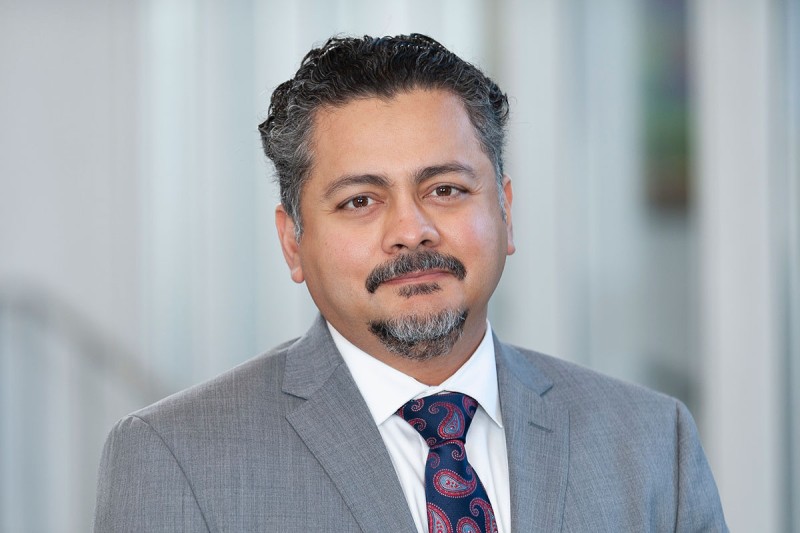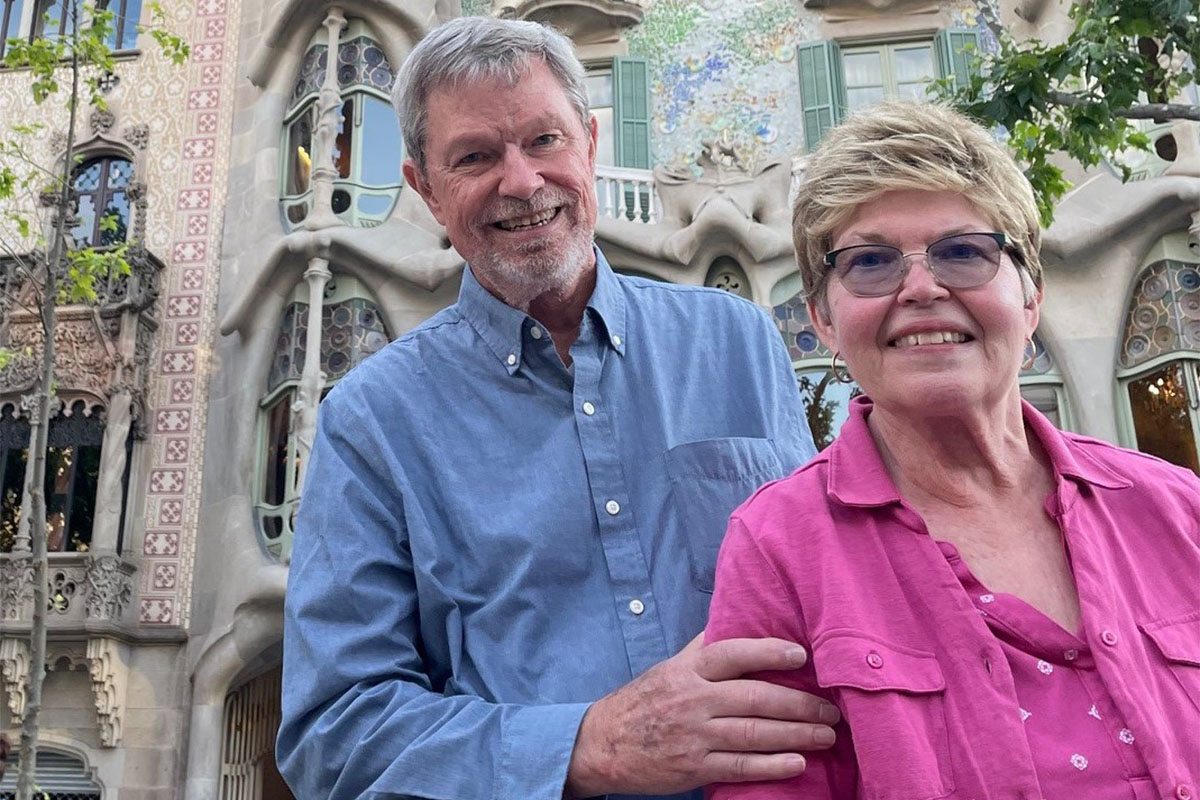
People with multiple myeloma, a rare blood cancer, got good news today when the FDA approved a new drug for resistant forms of the disease. The drug, teclistamab, has been proven effective in treating people with multiple myeloma for whom previous therapies have not worked. This could help improve the prognosis (outcome) for many people with the disease.
“This approval can make a big difference in improving and extending the lives of people with the most serious forms of the disease,” says hematologic oncologist Saad Usmani. Dr. Usmani recently joined Memorial Sloan Kettering Cancer Center (MSK) as Chief of the Myeloma Service.
Teclistamab Clinical Trial Results
The FDA approval is based on results from phase 1 and phase 2 clinical trials. Results from the phase 2 trial, published in The New England Journal of Medicine in June 2022, demonstrated teclistamab shrank the cancer in 63% of patients whose cancer had stopped responding or had progressed after at least three previous therapies. In nearly 40% of these patients, the cancer disappeared completely.
“These are remarkable results,” Dr. Usmani says. “We have made great strides treating this disease in the past two decades, and this approval is another important step forward for improving multiple myeloma prognosis. It has many of us in the field very excited.”
Multiple myeloma arises from a type of white blood cell called a plasma cell. It develops when a normal plasma cell changes into a myeloma cell, which can multiply uncontrollably. Multiple myeloma symptoms include bone pain or fractures, backache, frequent infections, weight loss, fatigue, and other conditions. Although rare, incidence of the disease is rising as the population ages. While multiple myeloma can be managed, it is not curable.
Promising New Multiple Myeloma Treatment Targets: BCMA and CD3 Proteins
Teclistamab is a type of drug called a bispecific antibody. It targets a protein on myeloma cells called BCMA, as well as a protein on the immune system’s T cells called CD3. Teclistamab forces the T cells to recognize the multiple myeloma cells and attack them.
BCMA has emerged as a promising target for multiple myeloma drugs. CAR T cell therapies, which genetically engineer a patient’s own immune cells, have already had success homing in on the protein. But there is an important advantage with teclistamab.

“With CAR T therapies, we must remove the patient’s own T cells, engineer them to recognize the antigen, and then infuse them back into the body, which can take six or seven weeks,” Dr. Usmani says. “Teclistamab is an off-the-shelf therapy that we can give to patients right away. Even if teclistamab isn’t completely effective, there are situations where we could give it as a bridge therapy while patients are awaiting CAR T therapy.”
MSK’s Dr. Usmani, an Expert in Using Teclistamab for Multiple Myeloma
Dr. Usmani led the way in shepherding teclistamab through the clinical testing from its earliest stage, when he worked at the Levine Cancer Institute in Charlotte, North Carolina. “I have been involved with the development and testing of teclistamab since the very beginning — in fact, the first several patients ever dosed were my patients,” Dr. Usmani says.
Teclistamab Patient Success: Robert Is Traveling Again
Robert Grimshaw was one of the early patients to receive the drug. He was first diagnosed with multiple myeloma at age 65 in 2012, when he was living in Cincinnati and working as an educational administrator. After several years of treatment with different drugs and a stem cell transplant, the disease kept returning. He and his wife moved to the Charlotte area to be near their daughter — and partly because he had read about Dr. Usmani’s expertise with the disease.
Dr. Usmani enrolled him in two different clinical trials, but the first treatment proved too toxic, and the second stopped working after a year. In 2020, he suggested Robert enroll in the phase 1 teclistamab trial. Robert didn’t hesitate.
“I was just looking for whatever would work, and I felt whatever I would go through might help somebody else,” he says. He began receiving infusions of teclistamab first weekly, then biweekly, then once every four weeks. The dosage was increased gradually because the trial was testing safety. The drug started working right away and proved effective even when Robert had to stop treatment for several months in 2021 due to severe illness from COVID-19.
Two years after joining the trial, Robert, now 75, is doing very well. He continues to receive treatment in Charlotte and lives in nearby Belmont. He plays golf with friends every Tuesday, does yardwork, is active with his church, sees his daughter and granddaughter, and travels the globe with his wife, Cherry. They recently returned from a monthlong trip to Europe.
“I’ve had 41 treatments now, with very few side effects — definitely less than I felt on the earlier treatments,” Robert says. “This therapy becoming available has been very fortunate for me.”
Dr. Usmani and MSK colleagues are hoping to expand the group of people who will benefit from teclistamab. Newer trials at MSK and elsewhere are testing the drug earlier in the disease process, usually combined with other therapies.
“I believe that we have enough myeloma therapies today to find the right recipe that will lead to curing the disease for certain patient subgroups,” Dr. Usmani says. “At MSK, we are aiming to incorporate this promising therapy in earlier lines of treatment and figure out which subsets of patients, like Mr. Grimshaw, benefit the most.”
- Multiple myeloma is rare but becoming more common as the population ages.
- It can be managed for years but is not yet curable.
- A new drug called teclistamab is often effective after other drugs stopped working.
- FDA approval of teclistamab could help many multiple myeloma patients.